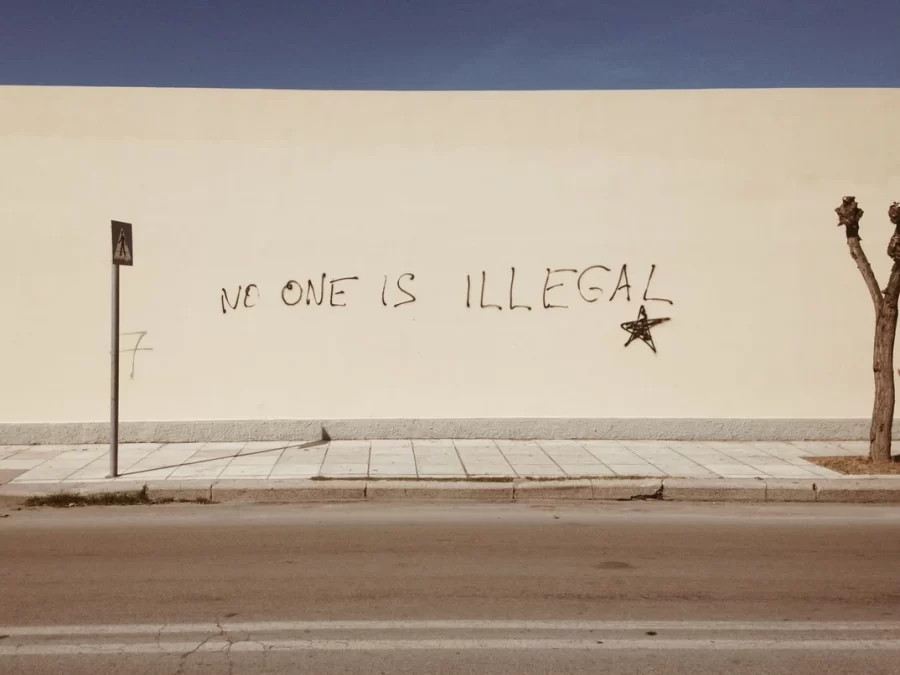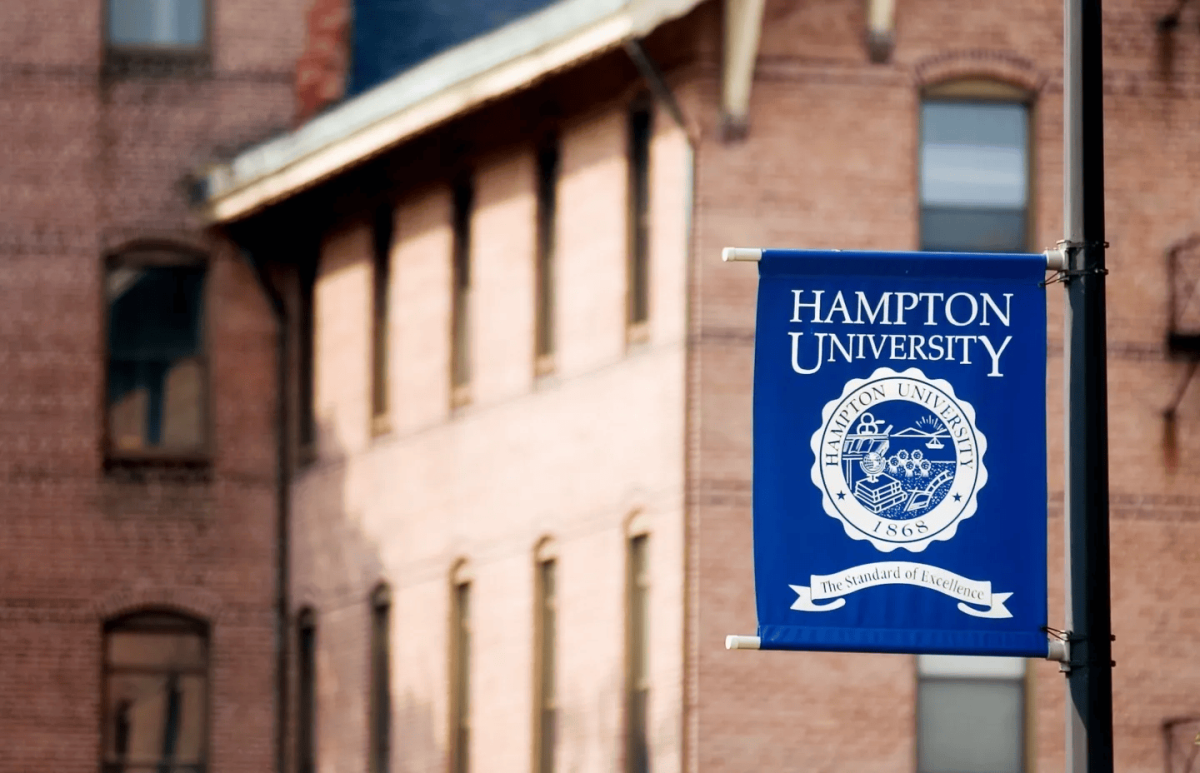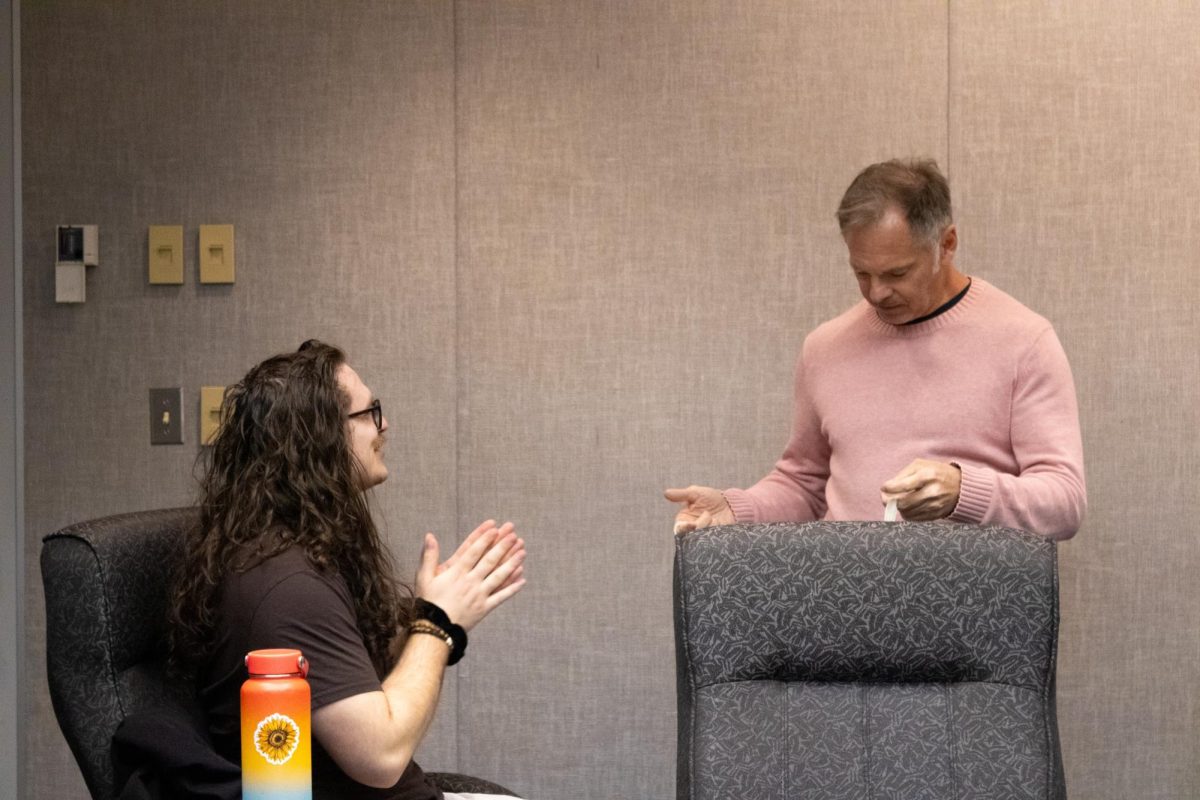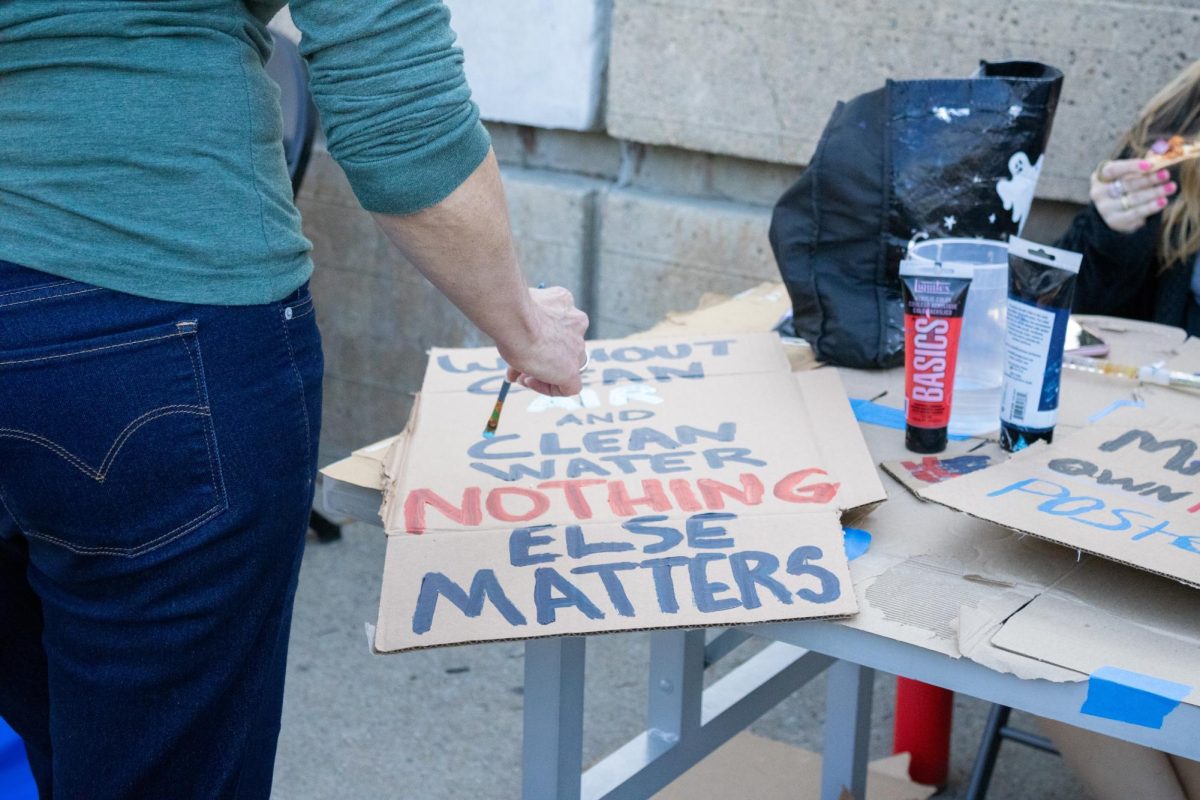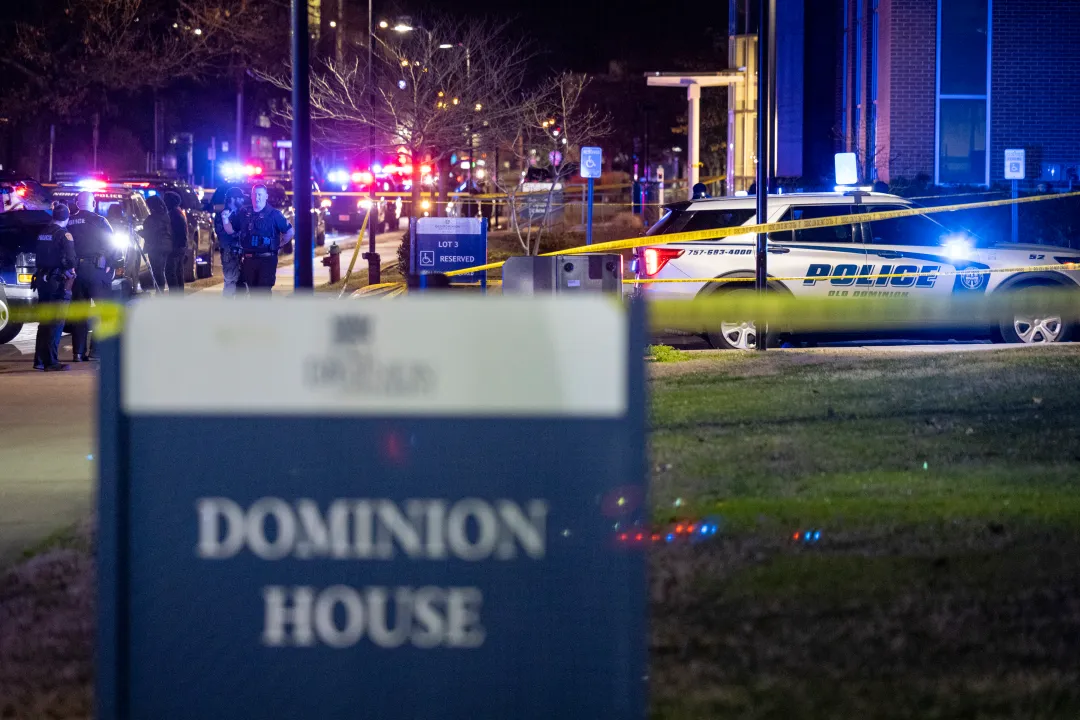DACA Undergraduates: Dream Ends with a Diploma
December 14, 2021
Originally published November 23, 2021.
President Obama signed an administrative program in 2012; creating Deferred Action for Childhood Arrivals (DACA). The individuals of this program often referred to as “Dreamers”, are young people who traveled alongside their parents to the United States as children. According to the U.S. Citizens and Immigration Services, the DACA program protects individuals from deportation but has yet to provide a pathway to permanent residency or citizenship. The National Immigration Law Center states that Dreamers have access to employment authorization, a driver’s license, a social security number, and an opportunity to continue education after high school. Many recipients have recently discovered the obstacles to this program though. On paper, these students are neither considered international students nor permanent residents. This proposes a problem for many of them who wish to pursue an education beyond a bachelor’s degree.
Unfortunately, I had to witness firsthand the drawbacks of the DACA program. My younger sister, Maryanna Oshana, had a dream of becoming a licensed nurse in Virginia. She spent the last few years preparing for nursing school and later, getting accepted into a program in Virginia. In the last few weeks, she received disheartening news that her acceptance into a nursing program was revoked due to her current legal status. At that very moment, I saw the dreams in my sister’s eyes crumble.
During my time at ODU, I had the privilege of being an undergraduate teacher’s assistant for multiple classes. What I loved most from that experience was seeing the lightbulb flicker in a student’s eyes when they found the answer to a problem. That flickering light turned on at the realization that what they were learning applied not only in a classroom setting but in the real world. I saw that flicker of light in my sister’s eyes turn off completely not knowing what her next step would be. She was neither an international student nor a permanent resident which posed a problem for her future. This realization has affected many recipients who wish to further their education.
DACA students who wish to pursue graduate or specialty programs are faced with many roadblocks. The red tape surrounding the DACA program has left recipients in a grey area that grants them some rights of citizenship, but not others. Recipients may be allowed to pursue a professional degree in a given state, but prohibited from becoming licensed in that state. For many, they are left with a cruel surprise with their upcoming graduation: they are prohibited from becoming future nurses with the NCLEX exam and lawyers from the bar exam. Dreamers who wish to complete any professional exam that requires an individual to be a permanent resident or U.S. citizen, are ineligible for the exam. According to an article from the American Journal of Nursing, at least ten states: California, Florida, Illinois, Minnesota, Nebraska, Nevada, South Dakota, Utah, West Virginia, and Wyoming allow recipients to obtain certain professional licenses.
Unfortunately, Virginia happens to not be one of those states.
Paving a pathway for permanent residency will allow recipients to obtain professional licenses like an RN certification, law certification, or teaching certification. It allows these students to go above just a diploma.
The day President Obama signed the administrative action that created DACA, I was granted hope I never knew was possible, the hope to continue my education past a high school diploma, and to be able to stay near my family. DACA allowed me to graduate from Old Dominion University in 2018.
Although DACA created hope for many undocumented immigrants in America, the program had its drawbacks. In 2013, I applied for Old Dominion University. Later I found out that I had to decline my acceptance because DACA students don’t qualify for in-state tuition or financial aid, despite providing all correct documentation proving my residency in Virginia.
It wasn’t until 2014, Virginia accepted in-state tuition for DACA students. In 2016, I transferred from Tidewater Community College to ODU where I graduated with a bachelor’s degree in psychology and a minor in marketing. As a former Dreamer who attended ODU, I was amazed at how diversified the school was, how it embraced various cultures, and backgrounds. For the first time, I finally felt a sense of acceptance from my peers and teachers. I was able to share my story as a DACA recipient with various teachers and students and challenged their beliefs on the current immigration system. My experiences, as well as the connections I made at ODU, shaped me into the person I am today and for that, I am forever grateful to be a Monarch.
However, DACA was a start to mending a broken system, but the program still remains flawed and needs to be revised. Our society often thinks of ‘undocumented’ immigrants as individuals who cross the border illegally, but it is far from that stereotype. Undocumented students bring unique perspectives and experiences to the campus, they excel academically and contribute to the economy after graduation. ODU is known for its diverse campus, in which DACA students are recipients here, but unfortunately do not qualify for federal or state financial aid.
In addition, many students would not want to talk about their immigration status, out of fear of being negatively looked upon for being undocumented, or even out of fear of being deported. What many people don’t know is that not all undocumented individuals came to the U.S. illegally. Many of them, like myself, enter the U.S. legally alongside their parents. These individuals referred to as “documented Dreamers” fell out of legal status while their parents continued to work in America under a business visa. Many of these “documented Dreamers” aged out of the system and were left with the decision to return to their country of citizenship or reside in the U.S undocumented.
The more that we don’t hear the different stories of DACA recipients the news we read every day will continue to dismiss it. It is crucial to educate others on current immigration laws and events. In this way, it will hopefully end negative stereotypes related to immigrants.
Ultimately, Congress can eliminate the barriers to professional licenses by revising the outdated licensing laws for work-authorized immigrants like DACA recipients. This can solve problems like the labor shortages in America while empowering recipients to reach their full potential. Allowing these students to pursue graduate degrees/specialty programs and granting them rights to pursue professional licensing will enhance academic life at not just ODU but all universities in Virginia.


